Doctor of Ministry
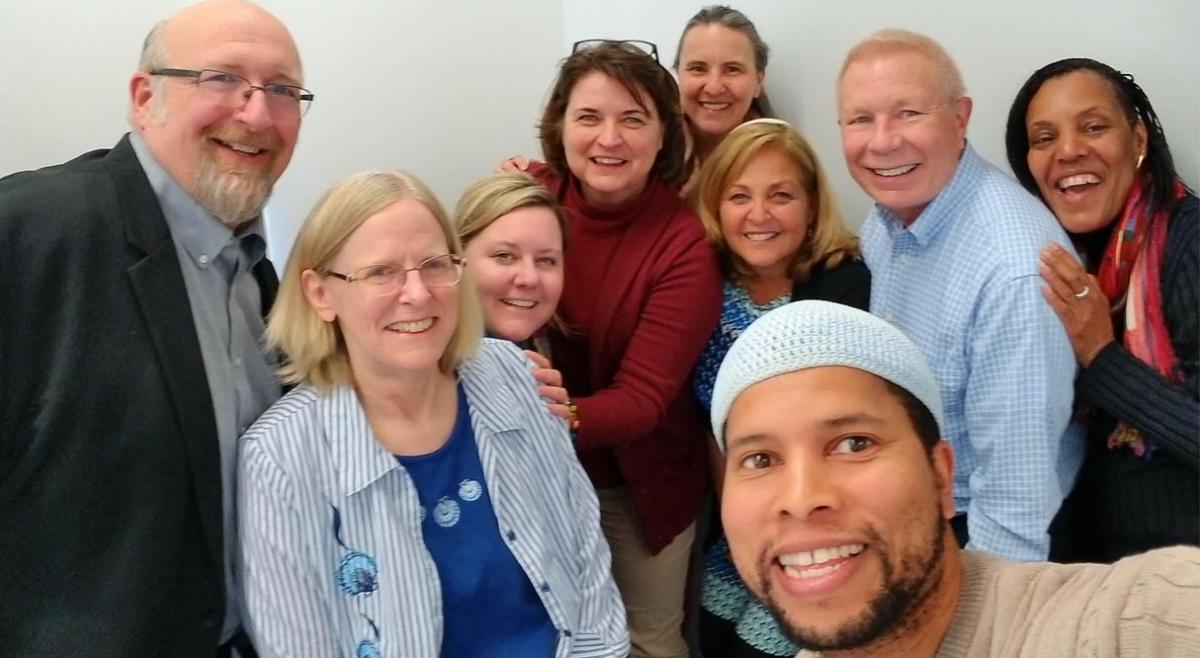
Our Doctor of Ministry (DMin) program provides religious leaders who work in a wide variety of ministry settings with the opportunity to cultivate new knowledge and skills that better prepare them to serve their communities and address today's challenges. This program can be done almost entirely online. In total, two weekends of in-person meetings are required.
You’ll engage in an interdisciplinary, interreligious education that emphasizes reflective ministry, that is, ministry grounded in practical theology and an understanding of its social context. You’ll build a community of peers – religious leaders from diverse backgrounds – who challenge you to think creatively and critically as you explore the social and cultural dynamics impacting religious life and organizations in the 21st century.
Program Structure
The Doctor of Ministry (DMin) is a 36-credit advanced professional degree program designed for experienced professionals working in an area of ministry looking to build their expertise with new skills to better respond to contemporary challenges and nurture leadership in service to their communities.
The program combines the flexibility of online learning with formative face-to-face experiences and culminates in a written project that explores an area of ministry related to each student’s vocational setting, or calling, and generates new knowledge for the broader practice of ministry.
After working with their advisor, students choose from these areas of specialization:
- Chaplaincy
- Ecology and Religion: Leadership for Life on Earth
- Africana and Black Church Leadership
- Interreligious Leadership
- Personalized: Students work with their advisor to select electives in creating a personal emphasis toward their doctoral project
-
The 36-credit DMin program combines intentional, formative face-to-face experiences with a flexible, online format, using a cohort model to build a peer community of interreligious leaders.
4 Colleague Seminar Courses (12 credits): Two as residential intensives; two as synchronous online courses
- Colleague Seminar I: The Changing American Religious Landscape
- Colleague Seminar II: Exploring and Understanding the Local Religious Context
- Colleague Seminar III: Transformative Leadership and Practice
- Colleague Seminar IV: Action Research Methods for Religious Leaders
6 Electives (18 credits): Electives courses will draw from existing MAIRS and MAC course offerings aligned with each DMin student’s chosen track or areas of interest
2 Project Writing Courses (6 credits)
DMin Project
D.Min. Program Matrix -
- Demonstrate knowledge of the larger social and cultural dynamics affecting religious life and organizations in the 21st century and their implications for ministry settings.
- Demonstrate the knowledge, capacities, and willingness to respectfully engage the religious pluralism of contemporary American society through exposure to the teachings of other faiths and those who practice those faiths.
- Cultivate advanced critical thinking and the tools necessary for lifelong theological and sociological reflection in the practice of effecting change in their ministry and community leadership setting.
- Complete a substantive and relevant ministry project that analyzes the religious and social dimensions of real-world contexts and proposes new approaches to religious leadership that makes a substantive contribution to their area of ministry, chaplaincy, or other vocational concentration.
-
The Doctor of Ministry program is open to persons who have three years of ministry experience after the completion of the Master of Divinity degree at an ATS-accredited seminary (or its educational equivalent or a master’s degree in a related field) from an accredited institution. Students must sustain their leadership position or role in their ministry or chaplaincy setting for the duration of their program. Student’s ministry setting must be located within the United States or in service in the US military. Only students who meet these criteria will be considered for admission.
Applications for the Doctor of Ministry program and all supporting materials should be submitted to the Admissions Office by the priority deadline of June 15th for consideration for the fall semester. The applicant must supply the following:
1. The application form and application fee.
2. A personal statement of up to 6 pages that describes the applicant's readiness for doctoral level theological education.
o Describe the specific nature of your ministry and the context of your institutional setting or religious community.
o How have you understood and adapted your ministry to particular cultural contexts?
o How do you interpret scripture and the theological tradition(s) of your ministry context?
o How do you understand ministry or chaplaincy? How does that relate to your identity and vocation?
o Why are you applying to the Doctor of Ministry at Hartford International University? Do any areas of specialization or courses appeal to your interests? What particular faculty and resources at Hartford International would be beneficial to your ministry leadership and potential Doctor of Ministry project?3. Complete official transcripts from all previous undergraduate and graduate institutions.
4. Three letters of recommendation from persons able to assess the applicant’s academic and professional potential: one from a professor with whom the applicant has studied, one from a religious leader or official from a tradition with which the applicant is affiliated or plans to research, and one from a professional colleague or associate.
5. A current resume or CV that includes a description of recent ministry work experience and involvement in religious or spiritual organizations.
One can apply through an online format available on our website.
Interview: Applicants will be contacted by the Admissions Office to schedule an on-campus, phone, or zoom interview.
Once all application materials have been received and the personal interview has been conducted, the applicant’s file will be reviewed by the Admissions Committee.
Entrance and Deferral: Students admitted to the D.Min. program may defer their entrance for no more than one academic year after the fall semester to which they are admitted. This intent must be received in writing by the Registrar. Students unable to enroll in the program after this period may apply for readmission (Please see “Readmission” under the Academic Policies for Graduate Programs).
Entrance to the program formally begins with enrollment in the fall first-year Colleague Seminar (DM-710). If entrance is deferred, students may enroll in D.Min. elective courses, but no more than two electives may be completed before the enrollment in the first-year Colleague Seminar begins. In all cases, enrollment in the first-year Colleague Seminar must begin no later than one academic year after the fall semester to which a student is originally admitted to the program. Students are expected to remain with their colleague group during the two-year sequence of the Colleague Seminar.
Once admitted to the Doctor of Ministry program, the student is encouraged to organize a support group in her or his ministry setting to offer encouragement and assistance throughout the student’s program of study.
-
Admitted students may apply for an institutional grant of 30% off tuition, by completing the HIU Scholarship and Grant Supplemental Form. To apply for additional need-based financial aid, please fill out a FAFSA (Free Application for Federal Student Aid) and indicate that you have done so on the HIU Scholarship and Grant Supplemental Form.
Where Your Journey May Lead
Doctor of Ministry
Serve as a Clergy Leader
Lead Faith & Community Groups
Start a Non-Profit
Teach at a University or School
Courses you may take
-
The first seminar course explores the social and contextual challenges within American religious life across the nation. Through readings, guest presentations, and (virtual) field trips, you’ll explore the overarching challenges facing local congregations and then discover creative, out-of-the-box realistic solutions to address these challenges. Following each of these explorations and experiences, you’ll reflect theologically on the relevance and salience of these approaches as well as other possible solutions, from the perspective of your personal beliefs and specific tradition’s theological framework.
-
In your second seminar, you’ll explore the reflective practice of ministry in an atmosphere of personal and professional sharing, eventually producing a set of analytical and theological papers as background for the Ministry Project. The goal is to ground the practice of ministry in an understanding of its contextual and organizational realities and their theological significance. You’ll be introduced to various field research tools and learn to reflect theologically and strategically on the insights gathered through their use.
-
You’ll develop engaging tools and skills to expand your ability to think contextually, imagine contextually, and evaluate contextually as core elements of religious leadership and excellence. The course involves differentiated instruction for individual students and will proceed toward the mastery of an action-reflection way of thinking and acting. Action-reflection places you in a habitual place of thought about your actions that gives the "why" as much attention as the "how." You’ll leave knowing the practice of action-reflection, as well as on the road to becoming a “doctor” of ministry.
-
You’ll produce your Ministry Project Proposal in the fourth semester of the two-year Colleague Seminar series. You’ll prepare and share a literature review in the anticipated substantive area of your project and explore the basics of action research design to select appropriate methods by which they might engage stakeholders and evaluate and assess the success of their project actions, as well as explore the theological foundations of your project venture. By the end of the Seminar, you’ll present and defend your project proposal.
The Value of Experience
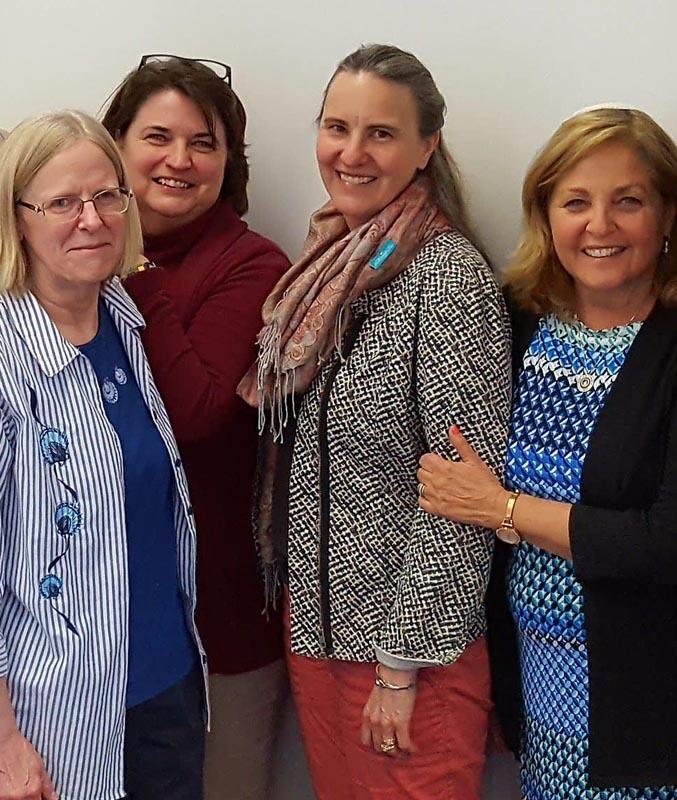
As a DMin degree student, you’ll complete a ministry project that analyzes the religious and social dimensions of real-world contexts and enables you to propose new approaches to religious leadership tailored to your specific area of ministry, chaplaincy, vocational setting, or calling.
Learn from professors with decades of experience leading organizations across religious traditions and fields. You’ll explore contemporary issues and emerging trends in ministry using the latest resources and insights from scholar-practitioners who encourage thoughtful discussion in a multifaith classroom.
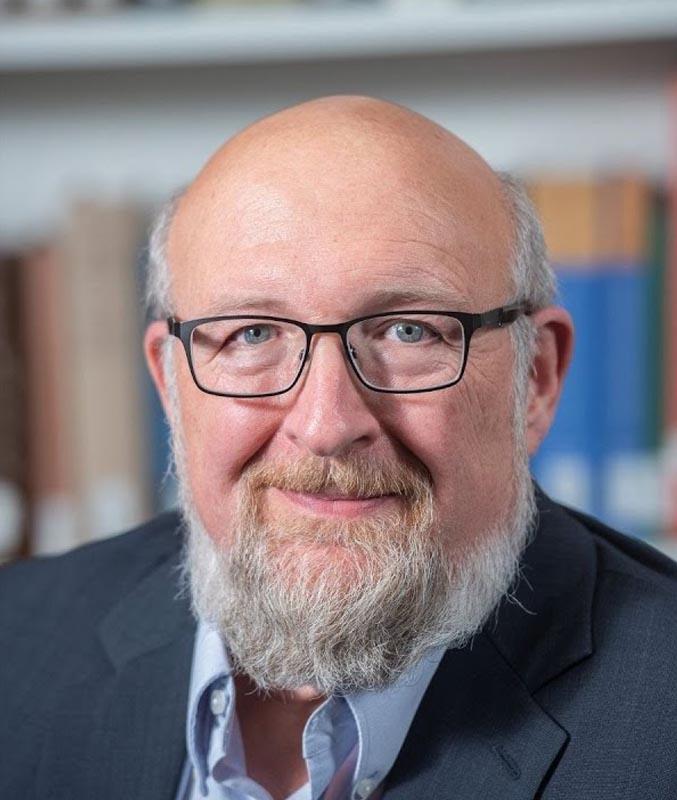
Opportunities & Highlights
Related Blog Posts
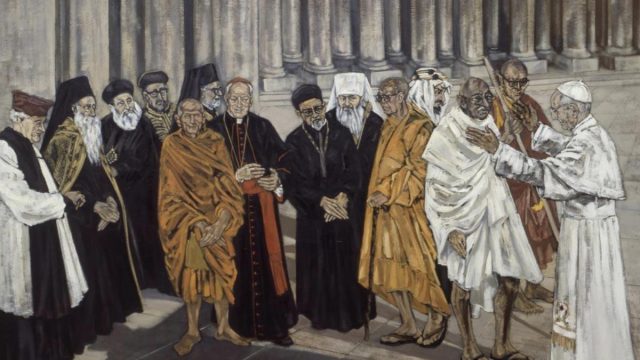
Interfaith & Interreligious Dialogue
Interreligious vs. Interfaith: Exploring the Similarities and Differences Between These Terms
“Interreligious” and “interfaith” are often used interchangeably, though some scholars, practitioners, and activists favor one term over the other. Learn more about how we define these two terms, their similarities, and their differences. The post Interreligious vs. Interfaith: Exploring the Similarities and Differences Between These Terms first appeared on Religion & Peace.
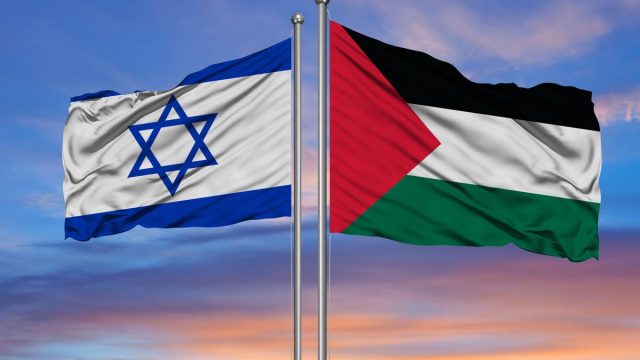
Equitable Justice & International Peacebuilding
Peacebuilding Must Become the Norm
As we approach the anniversary of the Hamas attacks on Israel and mark a year of living with the unimaginable, one thing is clear: The kind of peacebuilding and interreligious dialogue work we do at Hartford International University must become the norm rather than the exception. The post Peacebuilding Must Become the Norm first appeared on Religion & Peace.

Interfaith & Interreligious Dialogue
The Importance of Interfaith Dialogue
HIU’s Director of Communications, Susan Schoenberger, sheds light on the importance of Interfaith Dialogue and the power of empathy and connection in bridging religious divides. The post The Importance of Interfaith Dialogue first appeared on Religion & Peace.
Take the Next Step
Broaden your perspective. Deepen your ability to make a difference. Hartford International University programs prepare religious leaders and peacemakers who go beyond their own beliefs to embrace people of all faiths.
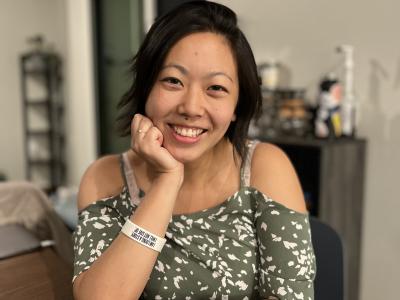
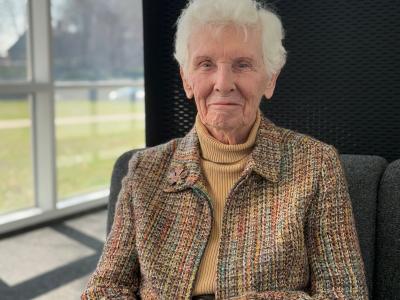

General HIU News
HIU Welcomes New Controller
April 1, 2025
HIU is pleased to welcome Toyin Folorunso as the new Controller.
Join our mailing list
Keep up with all the latest happenings at Hartford International.

